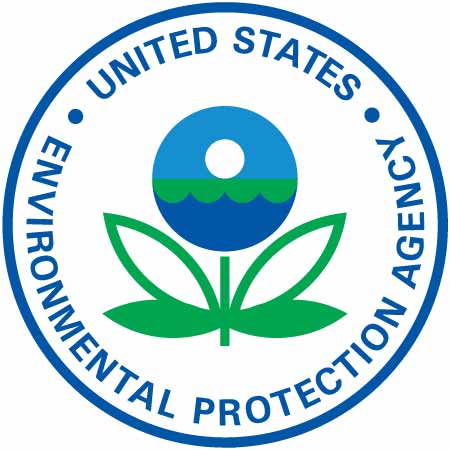Media
State Regulators are Best Equipped to Monitor Drilling
 Congress is considering the FRAC Act, legislation to transfer hydraulic fracturing oversight from states to the Environmental Protection Agency, but the EPA has already proved itself incapable of the task.
Congress is considering the FRAC Act, legislation to transfer hydraulic fracturing oversight from states to the Environmental Protection Agency, but the EPA has already proved itself incapable of the task.
In 2010, the EPA wrongly charged Range Resources with contaminating drinking water with methane in Parker County, Texas. Despite being exonerated, the EPA is seeking to slap the company with $15 million in fines for failing to comply with its initial erroneous findings.
Texas Public Policy Foundation’s Mario Loyola explains,
EPA is essentially claiming the authority to commandeer anybody at random and force him to clean up, at his own expense, a contamination that he could prove he’d had nothing to do with. Nobody doubts that EPA can take action to protect public health, but can it force totally unrelated third parties to do so? Isn’t there at least an “arbitrary and capricious” standard?
As Loyola reported, it was not the EPA but Texas drilling regulators — who daily have feet on the ground monitoring drilling, and understand the fracking process, needed precautions and the area’s history of methane in water — which correctly identified the source of the methane.
If the FRAC Act passes, we can expect more similar stories, as responsibility is taken away from state authorities, who are better equipped to handle local situations. Environmentalists should question leaving the protection of the environment to an agency incapable of something as basic as identifying the origins of contaminates, yet arrogant enough to ignore due process.